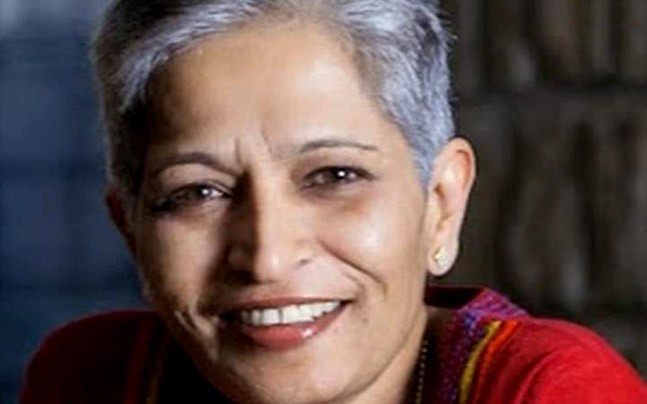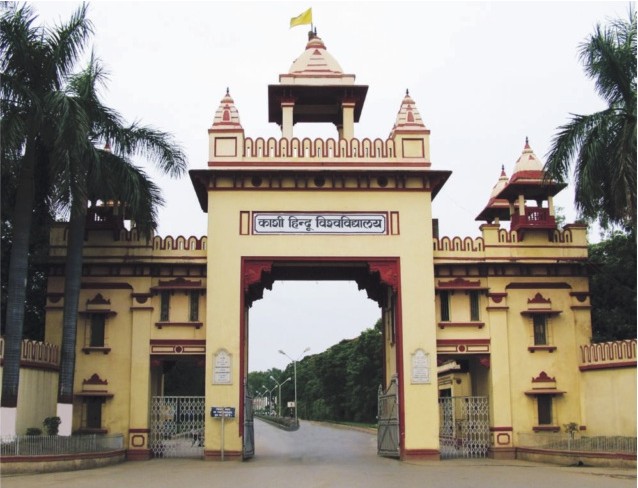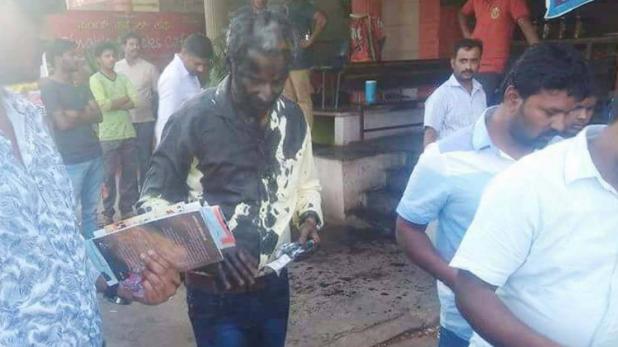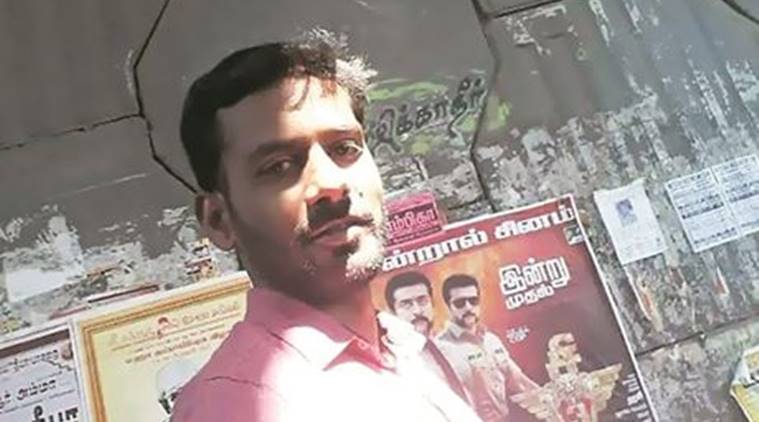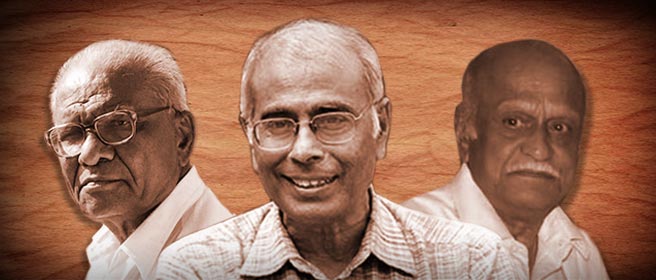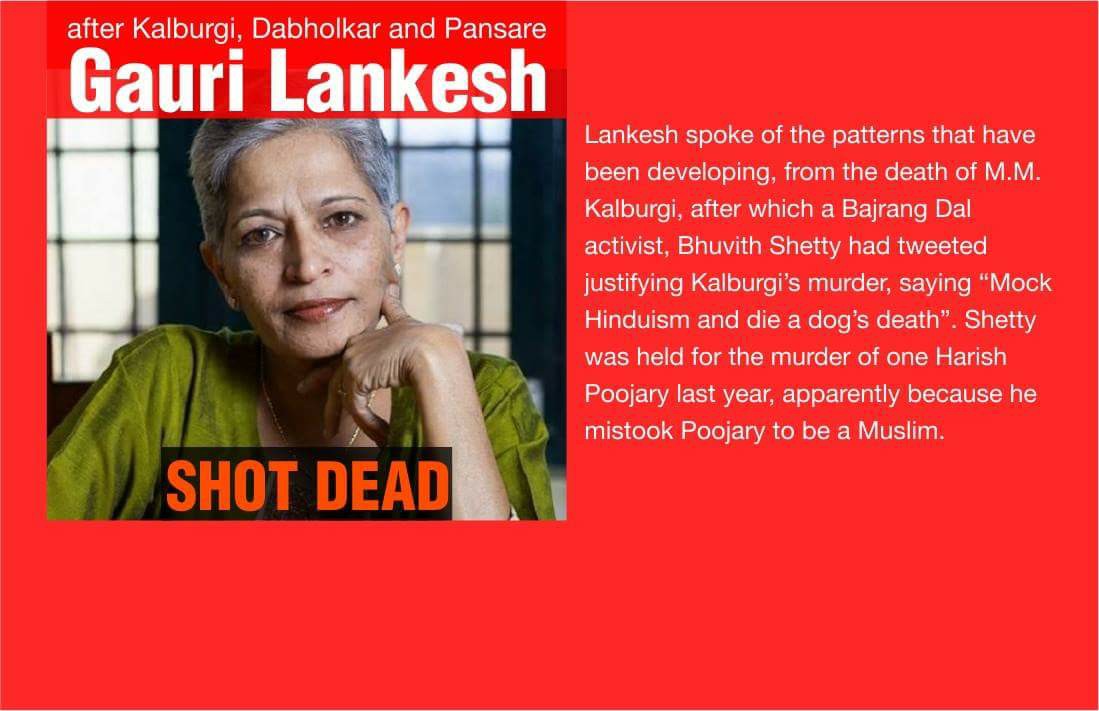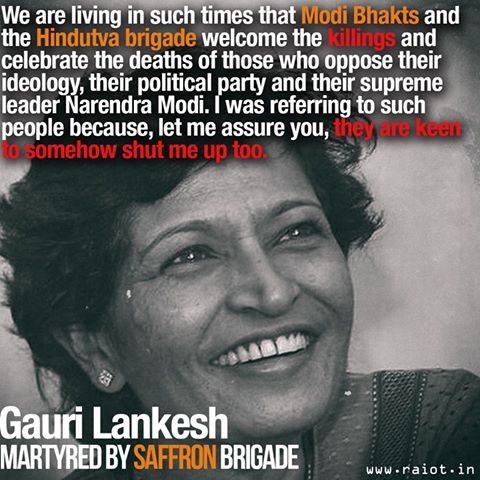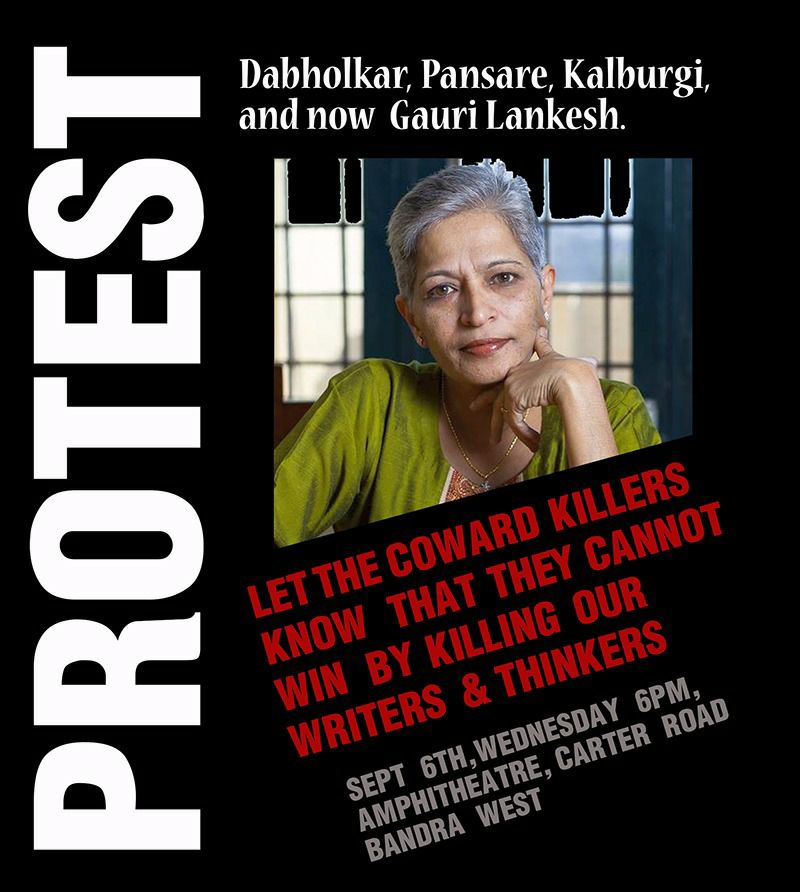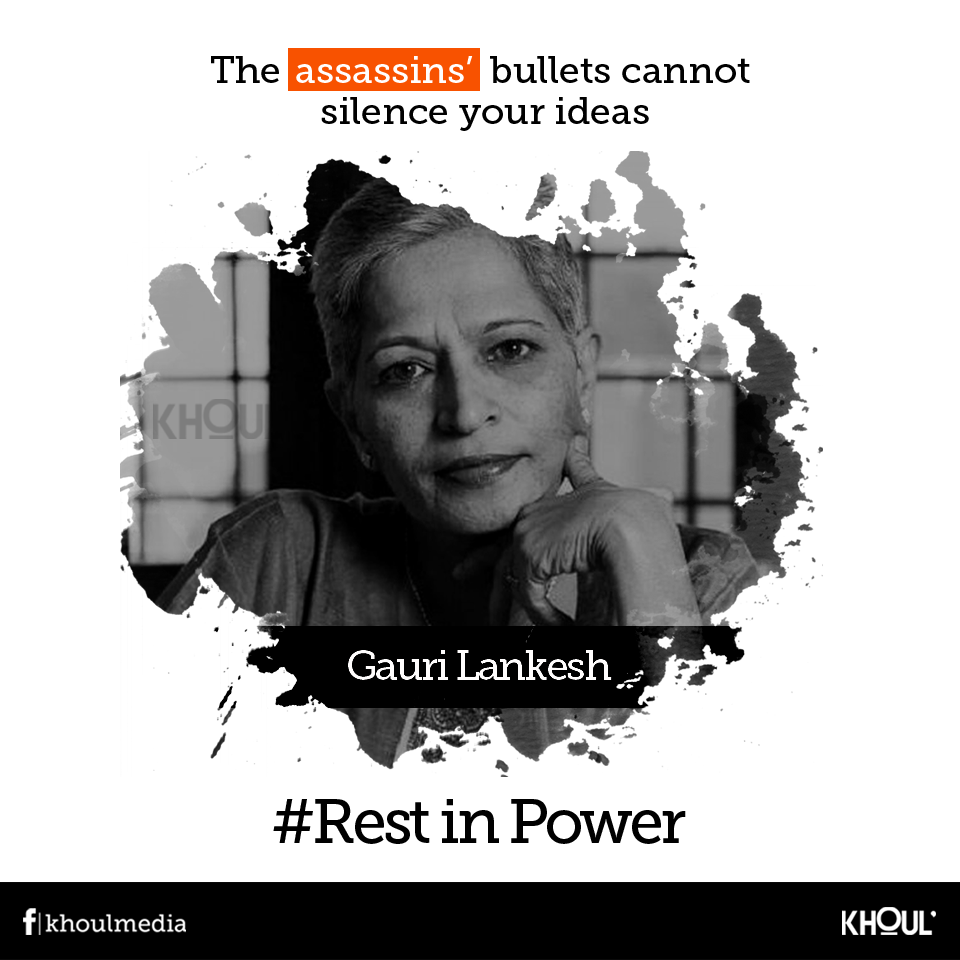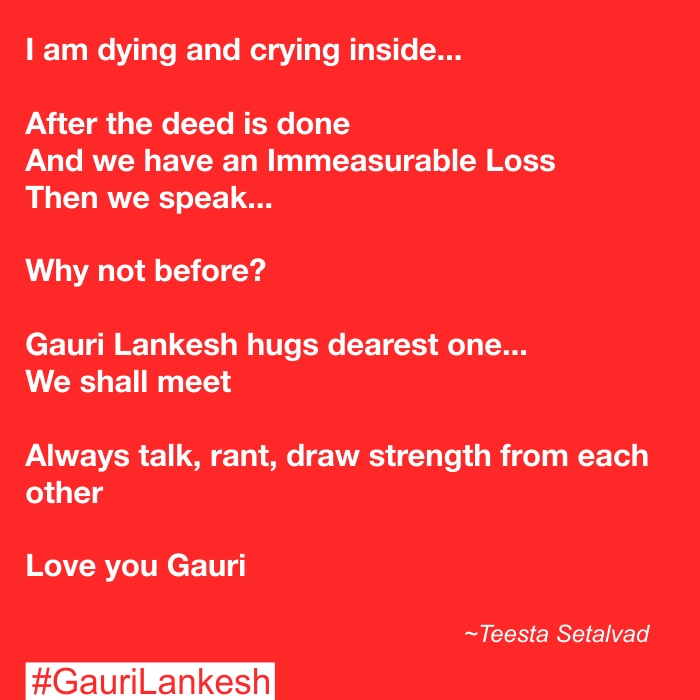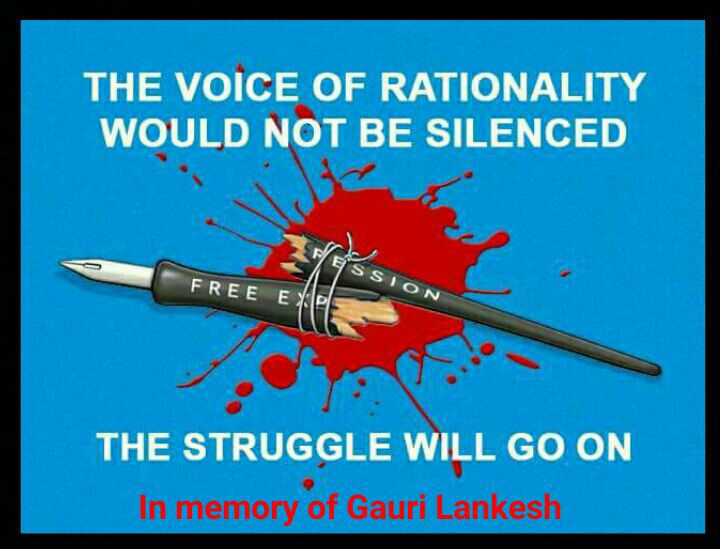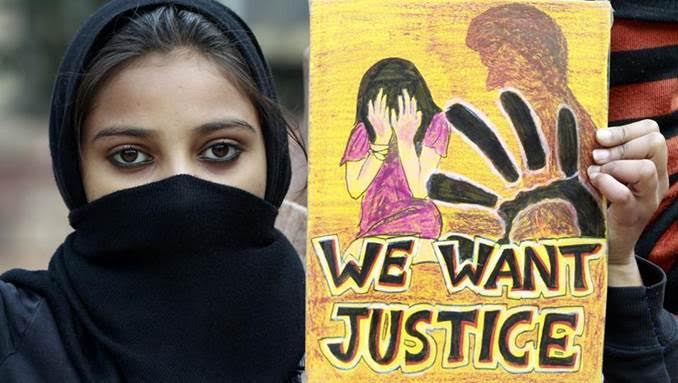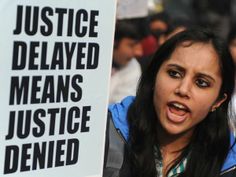A study by Partners for Law in Development (PLD) of pre-trial and trial stages of rape prosecutions in Delhi has found major gaps in support services available to victims, hostility at the hands of defence lawyers and non-compliance with norms during medical examination. The study may be read here.

Photo Credit: WUNRN
Researched in the context of the victim-friendly provisions in the Criminal Law (Amendment) Act, 2013, the micro study of 16 cases has found that though there has been some difference in the manner in which cases of sexual assault are handled in Delhi, there still continues to be widespread victim shaming, and lack of support and counseling services for victims.
In an attempt to identify the gaps in the existing procedures and to find out whether the large body of jurisprudence is complying with the reforms in relation to victim-centric procedures and reforms, the legal resource group conducted trial observations of 16 cases of sexual assault in four fast track courts in Delhi between February 2014 to March 2015. In each case, the accused was an acquaintance of the victim – which spanned all age groups between 18-50 years and belong to relatively weak social economic backgrounds.
The findings hold a mirror to society where women are repeatedly subjected to sexual assault at the hands of men who hold a position of dominance over them.
The findings from the research data shows:
• Pre-trial records suggest formal compliance with timeline and protocol: Within 24 hours after the FIR is registered, the victim is taken for her medical examination, and in a few days, for her S.164, CrPC statement to the Magistrate. The accused are also arrested, and within the span of 2-3 months, the case is taken cognizance of by the Magistrate.
• Some victims experience obstacles and harassment during registration: Despite an apparent compliance with protocol in pre-trial records, some victim interviews suggest resistance and harassment in registering an FIR, including efforts to dissuade the woman from registering a complaint based on opinions on the veracity of the complaint, or by invoking family values. While there is evidence on successful registration of zero FIR, there is also an instance of refusal of the same. Copies of FIR are not immediately available. The accounts of victims show inconsistency in implementing the law.
• Medico-forensic procedures not conducted as per MoHFW Guidelines: The medico-forensic procedures, despite the new MoHFW guidelines, show little evidence of any transformation. a) the examination is still not conducted with the informed consent of the victim; b) internal examination of the victims continue, although the victims are not informed of their purpose. While they are a part of medical treatment afforded to the victim, they are also used to make insinuations of her sexual history by making notings on old tears in the hymen; c) express notings about the absence of injuries on the body of the victim also persist, to suggest a lack of resistance to the assault; d) hostility, disbelief and advise to not pursue the case by medical staff reported by at least one victim.
• Medical examination neglects treatment and counseling: The medical procedures emphasise only those processes that are relevant for the collection of evidence to feed into the trial, and neglect granting continued medical attention to the victim for treatment of injuries incurred during the assault, and counseling. There is no evidence of counseling to victims except in two of the sixteen cases, although required under the guidelines. The counseling provided also does not adhere to the required standards, as it just involves asking the victim what her expectations of the legal proceedings are.
• Victims/ complainants need legal guidance and support services: Beginning from the point of registering the complaint, the victims/ complainants experience confusion and uncertainty about what to do, what to expect and the logic behind each of the steps in the pre-trial as well as the trial stages. The lack of legal orientation, guidance creates enormous anxiety, leading to undue financial exploitation for gaining elementary legal information, including just obtaining a copy of the FIR. It also compromises the rights of the complainant, as we see later in trial stages, as they don’t avail of a companion during deposition or compensation or indeed, medical treatment. This is a vital gap in the system.
The recommendations for reform of pre-trial procedures, corresponding to the above findings are as follows:
1. Hospitals/ Medical Guidelines: There appears to be little or no training of the hospital staff on the MoHFW guidelines and protocols based on this data. It is absolutely pressing that trainings areconducted in all hospitals to not just to be acquainted with new procedures, and be alerted to those that are discontinued. Emphasis must be placed on understanding why certain procedures are prohibited and the more importantly, what the current procedures signify. Only then can the MoHFW guidelines and protocols be adopted in letter and spirit, and translate into attitudinal change and practice.
2. Quality of trainings of all agencies involved in pre-trial stage: Much greater attention needs to be placed on the quality, curriculum, substance, duration and periodicity of trainings. These must go beyond the symbolic and perfunctory exercises that frequently pass off as trainings. There is a need for monitoring and evaluation of trainings so that the intended impact is tracked or trainings revised as relevant.
3. Legal orientation/ support services and monitoring of the case: There is a need for a specialized agency such as a one stop crisis centre (providing support services discussed in later), whose role begins from the time of reporting, and includes orienting the victim on her rights. Besides being a necessary response to help victims of sexual assault, a specialized agency enables the victim to navigate the legal procedure, rendering her less vulnerable. It will additionally act as a monitoring body, troubleshooting as and when problems become apparent in a case.

The Trial Stage
In the trial stage, the study was limited to observing the deposition of the prosecutrix in court, since this is the site which most clearly suggests the hostility or sensitivity of the judicial process towards the victim. It is also in respect of the depositions of the victim that the Supreme Court has laid down guidelines in the cases of State of Punjab v. Gurmit Singh and Sakshiv. Union of India, to shield the prosecutrix from the accused as well as the general public, and to place her at ease during her testimony by routing questions through the Presiding Officer, and offering her a chair, water and breaks as and when required. The 2013 Amendments also stipulate that the trial should be completed within a span of 2 months.
This stage was monitored by the researchers through observation of the deposition of the prosecutrix in court. Observations regarding the conduct of proceedings as well as the court environment within which the deposition is conducted were documented. These observations were further supplemented by the personal account of the prosecutrix through interviews.
The findings and recommendations in relation to this part include:
• Fast-track courts oriented with procedures, but inconsistent in practice: The fast-track courts are overall well-oriented with gender sensitive procedures for conducting rape trials, but court practices vary, showing a degree of inconsistency in the application. One out of the four fast track courts where the cases were monitored demonstrated an exemplary understanding of these procedures, with consistent application, showing that it is entirely possible to implement legislative and judicial guidelines in letter and spirit to make the trial less arduous for victims.
• Prosecutrix shielded from accused within court, but need for victim-witness protection outside court premises remains: Pursuant to the guidelines in State of Punjab v. Gurmit Singh and Sakshi v. Union of India, our observation reveals that all trials were conducted in camera and the testimony of the victim was taken from behind a screen- both important measures to shield the victim from anxiety and intimidation generated by being in physical proximity of the accused. The Vulnerable Witness Deposition Complex achieves this more fully, by designating different physical spaces for the accused and the victim. Yet, these appeared to be insufficient, since we found the accused and his relatives continue to have access to the victim, even within the court precincts in the waiting areas. The access of the accused and his associates to the victim, is one of the complex reasons for compromises or the victims turning hostile. As all the cases that were part of this study related to acquaintance rapes, the accused and his relatives/associates also had access to the victim outside the court premises, pointing to a need for shielding and protection to the victim/witness beyond deposition during the trial.
• Questions in cross-examination must be routed through the Presiding Officer: The defence questions are inevitably hostile, often sexually explicit, intended to insinuate lack of resistance to imply consent. This practice continues. To counter this, one of the guidelines in Sakshi v. Union of India requires questions in the cross-examination to be routed to the prosecutrix through the Presiding Officer, to prevent harassment and intimidation by the Defence Counsel. This is not an established practice. The practice seems to be followed only when the cross examination gets unacceptably offensive, after the distress of the prosecutrix becomes apparent according to our observation. However, at least one of the four courts that were part of this study, showed more vigilance in this respect. Mandatorily routing cross examination questions through the Presiding Officer would go a long way in minimizing the stress and harassment faced by the prosecutrix during the trial.
• Lack of legal orientation on procedure and rights impedes availing remedies under the law: The roles of Presiding Officer and Public Prosecutor are distinct, and even the best practice evidenced in this study indicates that no one is mandated to specially look out for the rights and well being of the prosecutrix. None of the prosecutrices seemed to know about their right to be accompanied by a support person or companion during deposition. Many certainly appeared to need one. The Presiding Officer allowed companions on an ad hoc basis when and if they remembered. The Public Prosecutor only meets the prosecutrix in court, and while she is familiar with the records, she is unaware of the pressures for compromise, the compulsion to re-locate, domestic violence, all of which often occur. Only in the case of one of the prosecutrices did the court refer her case to the Delhi Legal Services Authority for compensation, and she was apparently confused about how to avail of it. A need for a specialized agency to orient, guide the prosecutrix through the legal process, in addition to providing other support services cannot be emphasized enough.
• Timeline of the trial: Contrary to the stipulation in S.309(2), CrPC of completing rape trials in a period of two months, it was found:
– The deposition of the prosecutrix alone was not completed within this time period.
– Delays occur for multiple reasons, including receipt of the FSL reports and systemic factors like increasing case-load, which make delay unavoidable.
– The minimum time taken to complete just the deposition of the prosecutrix in our data was 77 days (2 months 16 days), with the average time period being 37 weeks (8.5 months).
– In some cases, the deposition of the prosecutrix continued even after the 15 month period of the study.
The need for reform of all agencies that feed into the trial must be emphasized, as well as a stricter approach to adjournments. Yet, it is unlikely that an entire trial can be completed in two months. Setting a mandatory outer limit will neither be realistic, nor will it fully accommodate the demands of fair trial. The best option recommended is therefore, to conduct day-to-day hearings, and complete the deposition of the victim at the commencement of the trial so as to leave little room for influence and coercion.
Availability of Support Services
The most pressing lacuna that emerges from the study is the absence of support services that enable the victim to access judicial remedies and enable restorative justice outside of the court processes as well. While there is no provision for such support services currently, interviews with victims were most instructive about the nature of support services that were a necessary part of state response to sexual assault. Apart from being essential to restorative justice, such services are vital to enabling victim participation in the legal process and in safeguarding her rights.
• Compensation available but inaccessible: Currently, the only form of support available to victims of sexual assault from the state is victim compensation, which includes costs incurred by the victim for medical treatment, judicial remedies and other disruptions caused by the assault. Owing to the absence of any actor who is mandated to inform and facilitate the victim’s access to these rights/ procedures, none of the victims were aware of their right to avail compensation. The case of only one victim in the entire study was directed by the court to the Delhi Legal Services Authority for compensation and she was unable to proceed owing to lack of guidance.
• No pre-trial orientation of the victims: Victims get catapulted in the legal maze upon the occurrence and reporting of an assault. There is no pre-trial orientation of the victims. They walk blindfolded as it were, through the legal maze without knowledge of the objective of any of the steps taken or their role. This undermines ‘access to justice’ as well as informed participation. The Investigation Officer and the Public Prosecutor play distinct roles at different stage, with victim orientation not being part of anyone’s brief. This situation produces anxiety, which further makes victims and their families vulnerable to all influences and coercion, often making compromises seem as a more viable choice (as was evident in some cases in this study).
• Uninformed participation leads to further exploitation: The noticeable outcomes of uninformed participation that were evident in this study include – random payments by victims to different personnel to gain elementary information about the legal process, lack of informed consent for medical examination, and most importantly, not applying for compensation available to victims under the law.
• Support services for witness protection: Although compromises are often known to be in the offing, including by the court staff, there is no instance of the Presiding Officers being informed and taking action, including passing restraint orders against the accused. In such cases too, a specialized support group could be the via media for taking appropriate action to stymie pressures and influences.
• Shelter and counseling to combat stigma and further vulnerability to violence: Victims also experience re-location on account of societal stigma as well as on account of internal pressures from the family. There was evidence of increased control by the family upon the victim after reporting sexual assault. Our research shows some evidence of increased domestic violence after reporting sexual assault. An incident of sexual assault triggers external and internal pressures rendering women more vulnerable, exposing them often to further victimization. In such circumstances, individual and family counseling, guarantee of safe shelter, and other support services must be available to help the victim recover. These however are not available currently.
No means for protection outside the courtroom
Even while there are provisions inside a courtroom, such as the presence of a prosecuting officer to funnel through the questions being asked of the victim and putting up of a green screen between the accused and victim to prevent intimidation, there is no means to protect them outside the courtroom.Since the accused is often known to the family of the victim, there is widespread intimidation and often pressure to settle the matter. Most victims relocate due to social stigma, rendering them even more vulnerable.
Being emotionally and financially dependent on her family, the victims face increased vulnerability and lose the power to negotiate.While a green screen might shield a woman from having to make eye contact with a man who assaulted her, outside the courtroom, both are made to share the same waiting area, and in some cases they even took the same mode of public transport to arrive at the court.
“There is no point putting a green screen up in a courtroom if everywhere else there is eye contact, intimidation, threat and coercion,” said senior advocate Rebecca John. “Somewhere the law has failed the victim because she doesn’t get the right kind of assistance.”
What happens before the trial
In the pre-trail stage, even while the police claim all the procedures are in order, in reality, quite often the police itself attempts to dissuade the victim from filing a FIR, the study found. Even when a case is filed, there are delays in providing a copy of the FIR to the victim, who in some instances had to pay to obtain it.
According to the study, in most of the cases the medical examination was not conducted in consonance with Ministry of Health and Family Welfare guidelines, with some victims even facing hostility from the medical staff. In one of the cases, according to Mehra, a 50-year-old was harassed and told that she was lying about being assaulted because “at her age, she couldn’t be raped.”
Victim intimidation
Another area where the reforms are failing is in the cross-examination of victims – who are also the witnesses – which remains highly hostile with the defence attorney attempting to unsettle the victim. In some of the cases observed for the study, the questions were so hostile that the victims broke down and left the room.
Even though the questions are required to be routed through a presiding officer, they often do not have control over the kind of questioning that takes place of the rape victim. “Not because the presiding officer is not sympathetic, but the hostility she faces in the cross examination is not at all unusual, because we hear that all the time,” John added.
Citing an example from the study, in one instance the defence counsel demanded to know from the victim through the presiding officer: ‘At the time of penetration, did you cry with your eyes?’ In another manner of intimidation, defence counsels often circle the victim. According to Mehra, even though the presiding officer was strict to make sure the defence counsels stood in their places in one of the cases observed, in the majority, this does not happen.
Unrealistic time frame set for trials
The 2013 amendments also stipulate that the trail should be completed within a span of two months, “which is completely unrealistic,” the study found. The PLD study – the scope of which was limited to the deposition of the victim in court – found that not even the testimony could not be completed in that time frame, which on an average lasted for about eight-and-a-half months. There are two forensic labs in Delhi, said Mehra, which means that there is are substantial delays in getting results and add to that the case load of the courts, the timeline set for the trails is highly unrealistic.
A massive gap has been observed in the support services that enable the victim to access judicial remedies and counseling services.
Compensation
Section 357A of the Code of Criminal Procedure holds that compensation should be given to victims of crime irrespective of whether there is a conviction or not, says PLD. “Acquittal doesn’t necessarily mean that a crime hasn’t occurred and the compensation depends upon the socio-economic status of the convict and on whether he is able to compensate the victim,” he added. Thus, the provision puts the responsibility on the state to do so.In most of the cases, the victims cannot afford to have a counsel, and hence fall back upon the legal services authority. But the study found that victims are not informed that they may apply to district legal service authority to get that compensation.
Under the provision, the compensation is available at two states – at the start of the case as an interim relief, which is then followed by a final compensation. However, according to Satish, there exists a myth that women file false cases to take the benefit of this interim relief and then turn hostile.
At present, the Legal Services Authority is required to assist the accused in getting legal aid as well as provide victim compensation, help them in getting a counsel and be their support system.
